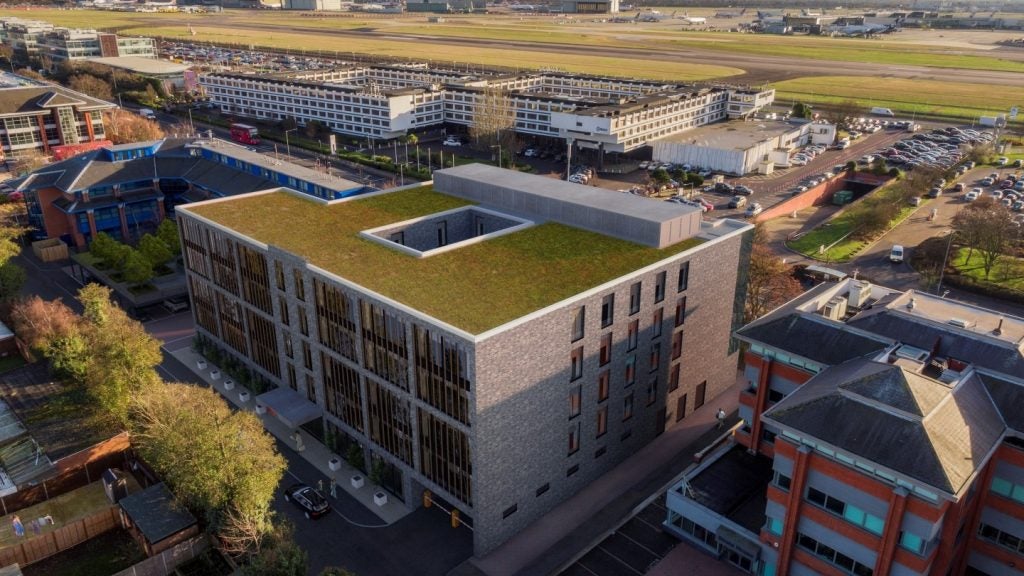Redundancy fears continue as UK airport hotels could lose out on the lifeline hotel quarantine has provided as it could be scrapped, leaving airport hotels in a precarious position. Airport hotels could be dealt a double blow with furlough support ending and demand for airport hotels suppressed due to less travel.
Arrivals from 45 red list countries into the UK currently face hotel quarantine but this could end as the government may terminate this arrangement. Currently, arrivals from red list countries have to pay £2,285 ($ 3,112) for a ten-day quarantine package, deterring non-essential travel. If hotel quarantine is scrapped, it could provide a boost to travel demand from current red list countries. However, airport hotels will be faced with a precarious outlook. Covid-19 has had a profound impact on travel demand and in 2020 inbound arrivals into the UK fell by 81% to 5.8 million, according to GlobalData. The impact of Covid-19 was deleterious to the airline and wider travel industries, but hotel quarantine provided a lifeline for many airport hotels.
When most hotels were closed, some airport hotels, including Novotel London Heathrow and Renaissance London Heathrow, were given much-needed custom by serving as quarantine facilities. With travellers having to pay for quarantine packages for entry into the UK, hotels were able to receive the funds they needed to survive. Quarantine hotels were able to provide work for their staff while other businesses struggled. GlobalData forecasts significant growth in international arrivals to the UK. 2021 is forecast to see year-on-year (YoY) growth of 50%, to 8.7 million arrivals while 2022 is forecast to experience a 204% increase YoY to reach 26.5 million arrivals. Therefore, airport hotels will face continued suppressed demand and recovery will take time but may not come quickly enough for all airport hotels.

End of furlough presents challenges
The furlough scheme has been a lifeline for many UK businesses, with the government covering up to £2,500 ($3,402) per month or 80% of employee wages to help retain staff throughout the crisis. Many hotels have benefited extensively.
Airport hotels suffered when the pandemic first hit and a slow recovery occurred once the UK allowed limited international travel in summer 2020. The ending of the furlough scheme on September 30 2021 has disabled a lifeline that was keeping some airport hotels afloat, especially those not facilitating hotel quarantine. Furlough ending will deal a severe blow to some hotel operators.
How well do you really know your competitors?
Access the most comprehensive Company Profiles on the market, powered by GlobalData. Save hours of research. Gain competitive edge.

Thank you!
Your download email will arrive shortly
Not ready to buy yet? Download a free sample
We are confident about the unique quality of our Company Profiles. However, we want you to make the most beneficial decision for your business, so we offer a free sample that you can download by submitting the below form
By GlobalDataUK airport hotels must make crucial decisions to guarantee survival, including redundancies. Financial prudence will be key to future viability. With support ending, workforce cuts will likely occur, especially with travel demand set to take several years to recover. Until sufficient demand returns, revenue will continue to be suppressed and airport hotels will struggle. If airport hotels are left under-resourced, they could miss out on much-needed revenue. Contrarily, retaining a high volume of staff could result in costs escalating out of control. A fine balance must be achieved between optimal staffing for now and the immediate conditions while establishing effective cost management to ensure survival.








